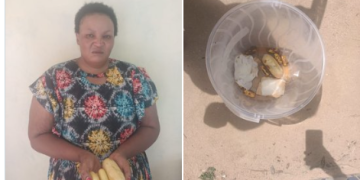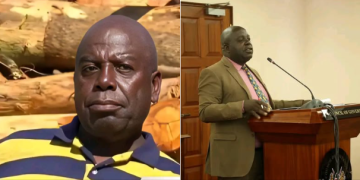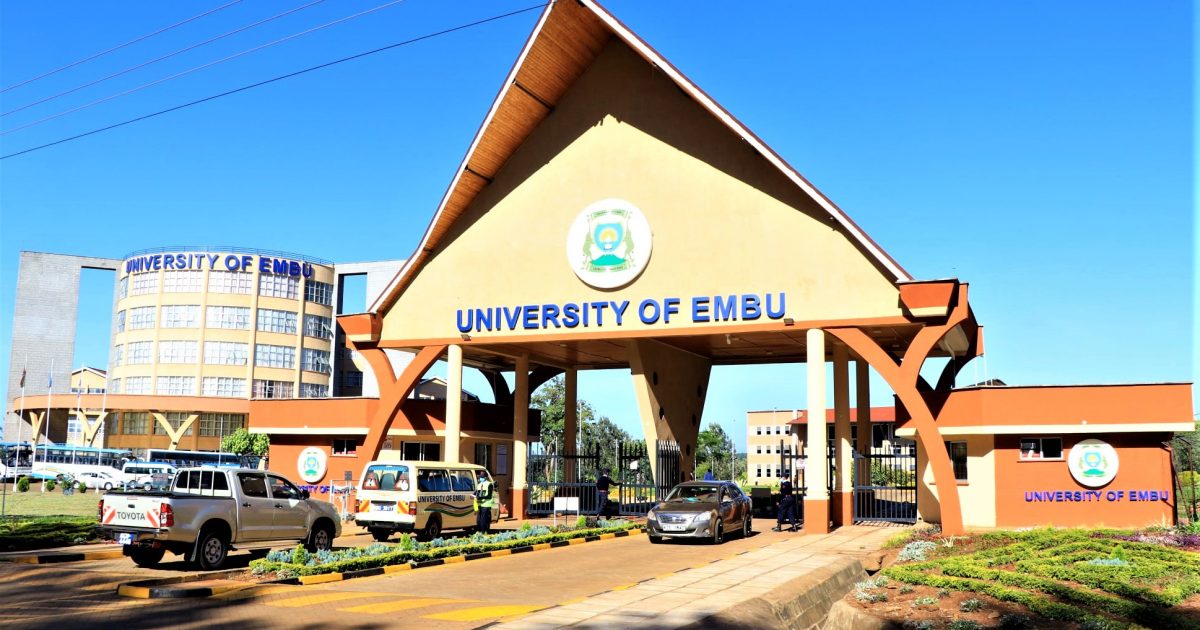A senior lecturer at the University of Embu has been awarded a Sh106 million research grant by the German Research Fund.

After receiving the grant to conduct in-depth research on the functional complementarity between nocturnal and diurnal pollinators along a land use gradient in the Taita Hills biodiversity hotspots in Kenya, Dr. Mark Otieno, an agroecology lecturer in the department of Water and Agricultural Resource Management (Warma), has put the university on the map of the world.
The study will support the Sustainable Development Goals (SDGs) of the United Nations and Kenya Vision 2030, which both seek to advance sustainable development and safeguard biodiversity.
In order to inform sustainable agricultural practices that support biodiversity and advance food security, the study will concentrate on the effects of human activities on pollinators and plant reproduction.
The three-year study will begin in May 2023. It will help achieve Kenya Vision 2030’s objective of promoting ecologically sustainable development.
A group of scientists from the University of Embu, represented by Dr. Otieno, and the University of Wuerzburg in Germany, represented by Prof. Dr. Ingolf Steffan Dewenter, a professor of spatial ecology, plant pollinator interactions, tropical agroecosystems, and crop pollination, will work together to carry out the research.
The researchers will also include Dr. Marcell Peters, a specialist in land use change, organismic features, and ecosystem functions in the montane region.
It’s not the first time Dr. Otieno has won a prize of this nature. He received the University of Embu researcher of the year award in 2022.
Dr. Otieno thanked the foundation’s selection committee for the funding after receiving it and said the project would significantly improve food security in Africa by boosting the population of pollinators, which is essential for the reproduction of plant species.
Daniel Mugendi, vice chancellor of the university, praised Dr. Otieno on receiving the funding and predicted that it will significantly accelerate the realization of the sustainable development objectives and Kenya Vision 2030.
According to Prof. Mugendi, the study has the potential to influence agricultural practices and policy that support sustainable development and safeguard biodiversity around the globe.
Dr. Otieno has a Doctorate in agroecology, a Master of Science in animal ecology, and a Bachelor of Teaching, all from the University of Reading in the United Kingdom (Science)










































